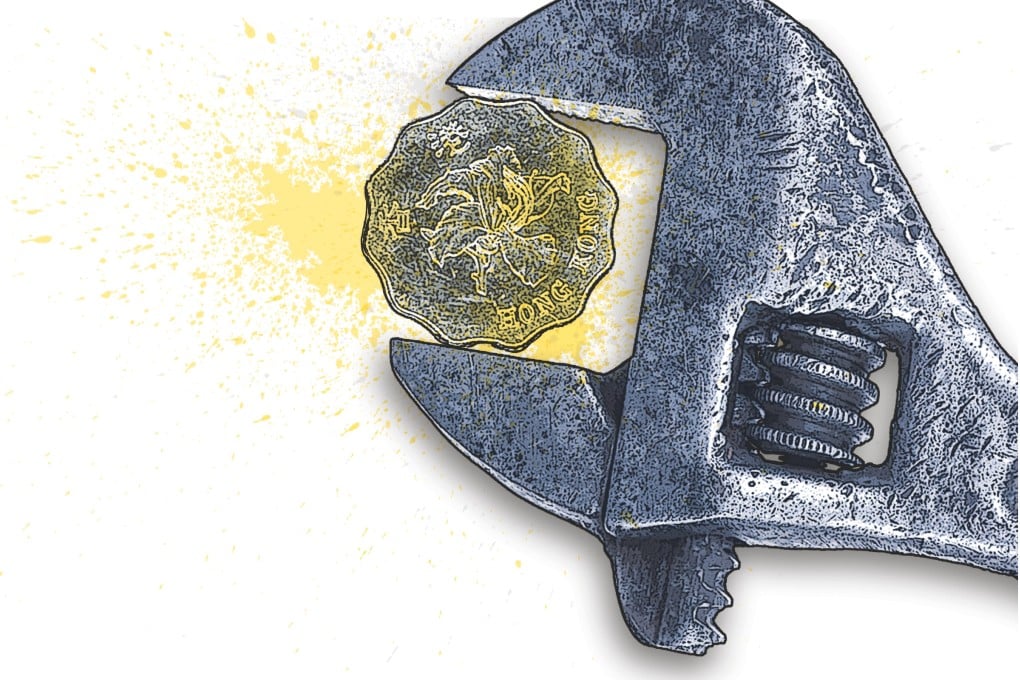Poor still feeling squeezed despite the introduction of minimum wage
An increase in minimum hourly pay has done little to improve the plight of many, the focus of a two-part series tied to today's poverty summit

When Hong Kong's minimum wage law kicked in 2-1/2 years ago after a long debate, it was hailed as the biggest step forward in years for the city's lowest-paid workers.

"Yes, we're earning a bit more per hour than we were before but let's face it, even at HK$30 an hour, it's still hard to make ends meet in this city. Living costs are getting higher, but salaries aren't able to catch up," Ngai says.
For Ngai and other low-income workers who live alone and near work, sparing them the cost of transport, the minimum wage increase at least provides some benefit. For some others, their wage increase might not have offset additional transport costs.
Average monthly earnings for the lowest 10 per cent of full-time employees in Hong Kong from April to June were about 8 per cent higher than in the same period last year.
However, for working-poor households, the minimum wage has not been enough to help them escape poverty. The number of such households grew by 6,000 to 191,000 in the 12 months following the introduction of the minimum wage, according to the Council of Social Service, Hong Kong's umbrella organisation for welfare bodies.
"At the moment, the government's concept of a minimum wage is to help low-income workers, not low-income working households," says Lee Cheuk-yan, a Labour Party lawmaker. "It is not being used as a tool to help relieve poverty at all."